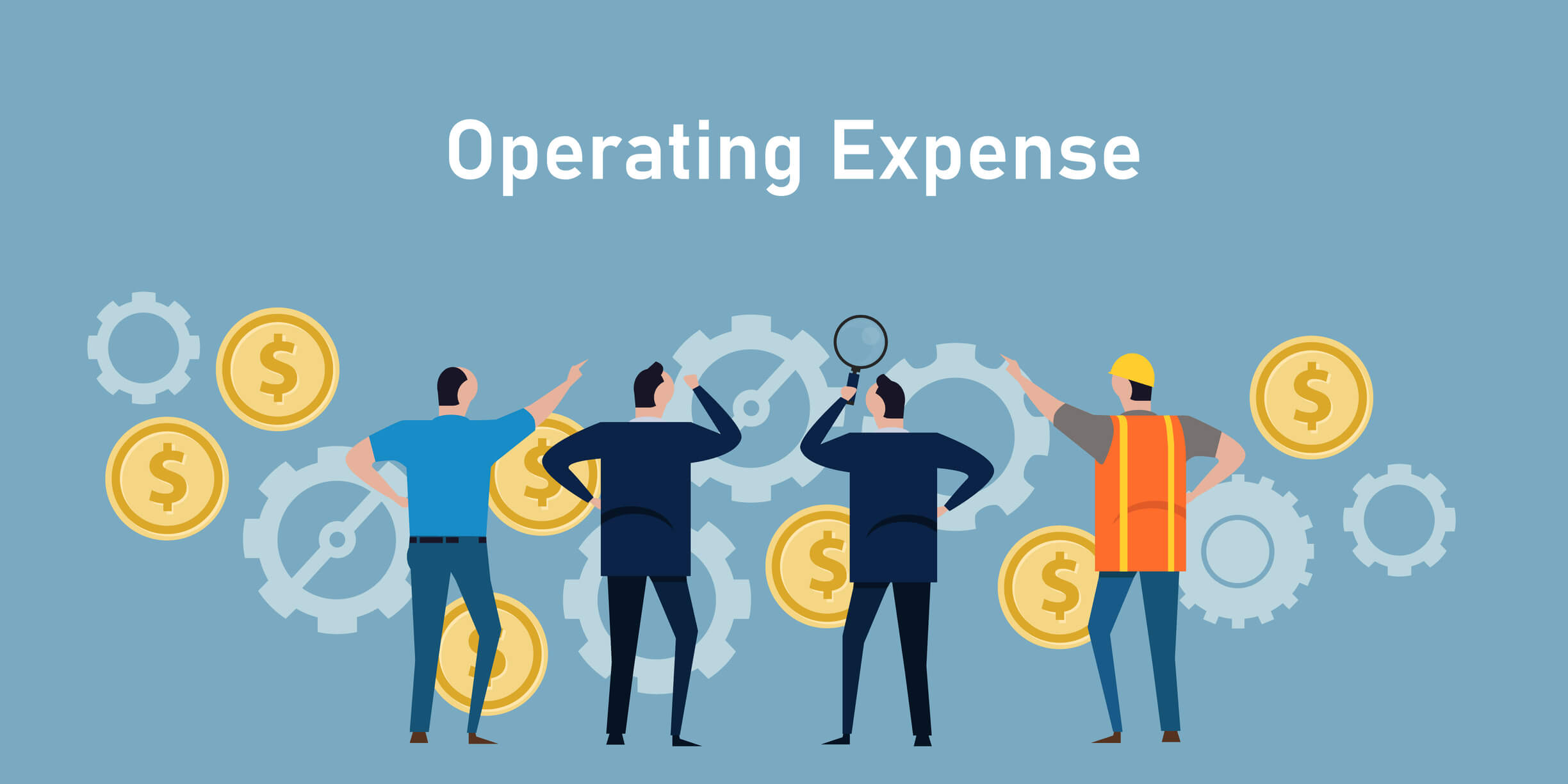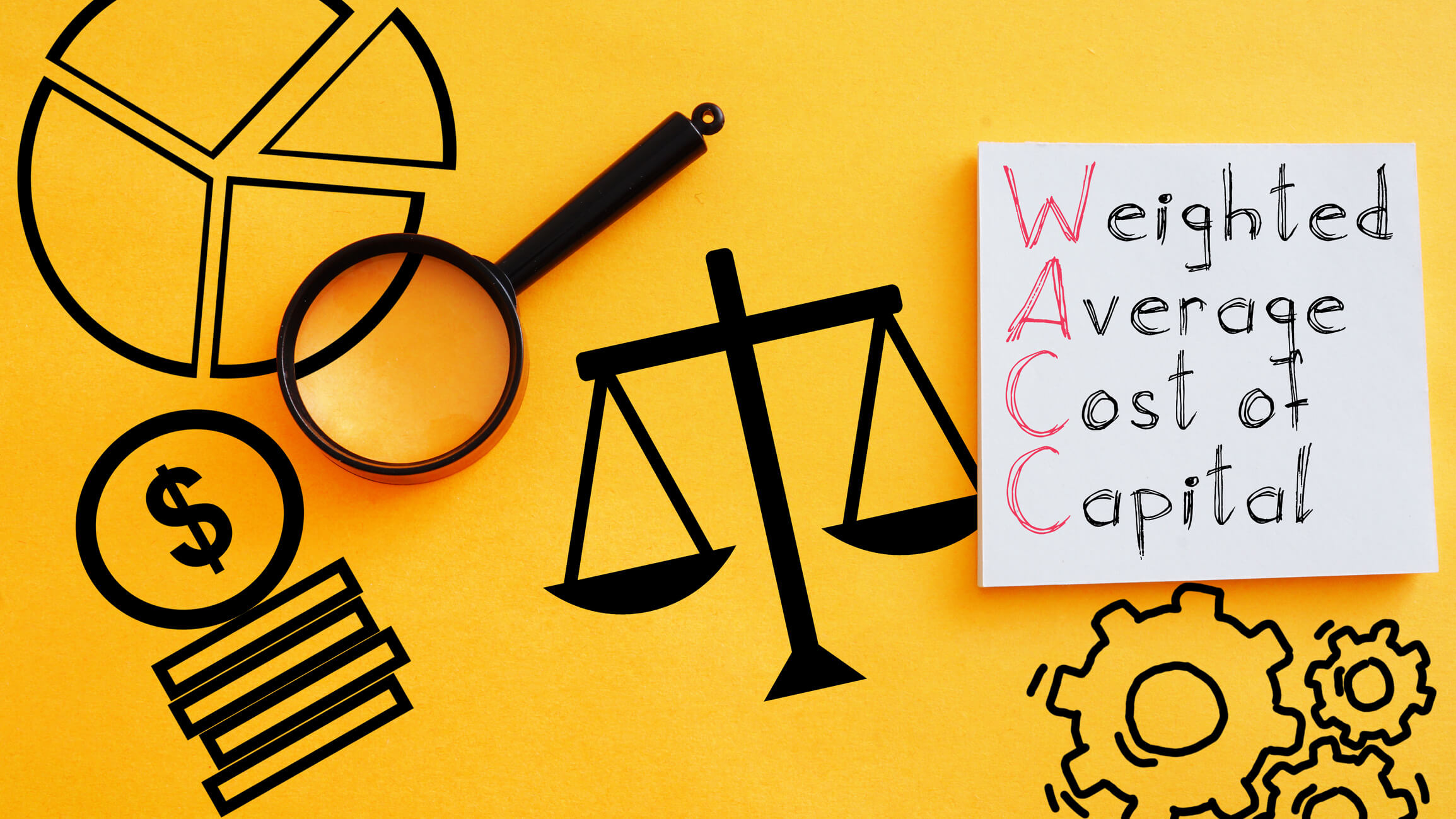Combined with the experience of accountants, systems engineering, new artificial intelligence technology, and innovation can achieve superior results for businesses and, as a result, for the market. Given that the accounting profession seeks to provide tax information to the tax authorities, this article aims to demonstrate that the work is migrating tasks to become a management tool capable of assisting decision-making in promoting corporate social responsibility.

Introduction
There is a scenario of significant changes in the accounting market with innovative technologies, artificial intelligence, and process automation. And along with these changes, there are problems, anxieties, and uncertainties that the unknown causes in people. From an idea to launching a business is a long journey. And when you do everything for the first time, it seems especially thorny. So that you do not abandon a great idea halfway through its implementation, together with the My Business Center, it tells what a budding entrepreneur needs to know before starting their own business. Everyone can see and feel the reforms are needed, where inflation is no longer considered a problem, unemployment has decreased, access to credit and consumption has increased, and, as a result, poverty has decreased. Thus, there is an entrepreneurial scenario in which new companies appear daily, and more professionals are needed. Still, some professions are in danger of not existing due to technology and automation. To evaluate whether it is worth starting a business or not, ask yourself a few questions.

What do I Offer Clients?
Strive to be accessible about whether buyers need your product or service and how it will differ from comparable products. Look at what your opponents have to offer and evaluate how they do it and what they would not to establish your unique creation.
To Whom will I be Offering my Product?
Determine your intended audience—people who could be interested in what you are selling. Figure out their expressed or hidden needs and how you may assist them in fulfilling them. You must introduce your prospective buyer, including their profession, education, relationship position, and societal status. You should also be able to fully understand the client’s concerns and aspirations and the traits of his conduct and character and imagine scenarios in which he would require your service or product.
Business Plan
If you already have an idea, it is time to write a business plan. The document must specify all planned expenses and incomes, promotion options, determine the target audience, competitors, prices for your goods or services, break-even point, etc. With it, calculating everything, finding flaws, and polishing your project will be easier.
Where Will I Sell My Product?
If your audience is used to buying everything on the Internet, or your product needs to be felt or tried on, then you will need a place for a store. Where should it be located—in the center of a residential area? I think you may still need a warehouse or office.

Search for Start-Up Capital
Having drawn up a business plan, you will know the amount you need to start. Consider where you will take it. It can be your savings, a bank loan, or investor money. If you decide to take a loan, pay attention to the payment schedule, the reliability of the bank, and the interest rate. There are business loans for entrepreneurs whose rates are much lower than when applying for a consumer loan. For example, My Business Center has developed unique loan products at a reduced rate for start-up entrepreneurs. Business representatives who have registered their business can take advantage of the offer.
Checking Account
Opening an IP current account is unnecessary, but it is more convenient to manage your finances with it. For example, it allows you to transfer salaries to employees’ cards, pay taxes, keep track of funds, issue invoices to other legal entities to provide services, participate in tenders on the public procurement website, etc. If you have an LLC, then by law, you must open a checking account. To do this, you need to select a bank. When choosing, you need to pay attention to the tariff plan, the opening hours of branches, and the number of ATMs. You do not need to pay to open an account in all banks.
 About Complete Controller® – America’s Bookkeeping Experts Complete Controller is the Nation’s Leader in virtual bookkeeping, providing service to businesses and households alike. Utilizing Complete Controller’s technology, clients gain access to a cloud platform where their QuickBooks™️ file, critical financial documents, and back-office tools are hosted in an efficient SSO environment. Complete Controller’s team of certified US-based accounting professionals provide bookkeeping, record storage, performance reporting, and controller services including training, cash-flow management, budgeting and forecasting, process and controls advisement, and bill-pay. With flat-rate service plans, Complete Controller is the most cost-effective expert accounting solution for business, family-office, trusts, and households of any size or complexity.
About Complete Controller® – America’s Bookkeeping Experts Complete Controller is the Nation’s Leader in virtual bookkeeping, providing service to businesses and households alike. Utilizing Complete Controller’s technology, clients gain access to a cloud platform where their QuickBooks™️ file, critical financial documents, and back-office tools are hosted in an efficient SSO environment. Complete Controller’s team of certified US-based accounting professionals provide bookkeeping, record storage, performance reporting, and controller services including training, cash-flow management, budgeting and forecasting, process and controls advisement, and bill-pay. With flat-rate service plans, Complete Controller is the most cost-effective expert accounting solution for business, family-office, trusts, and households of any size or complexity.














